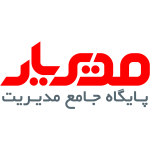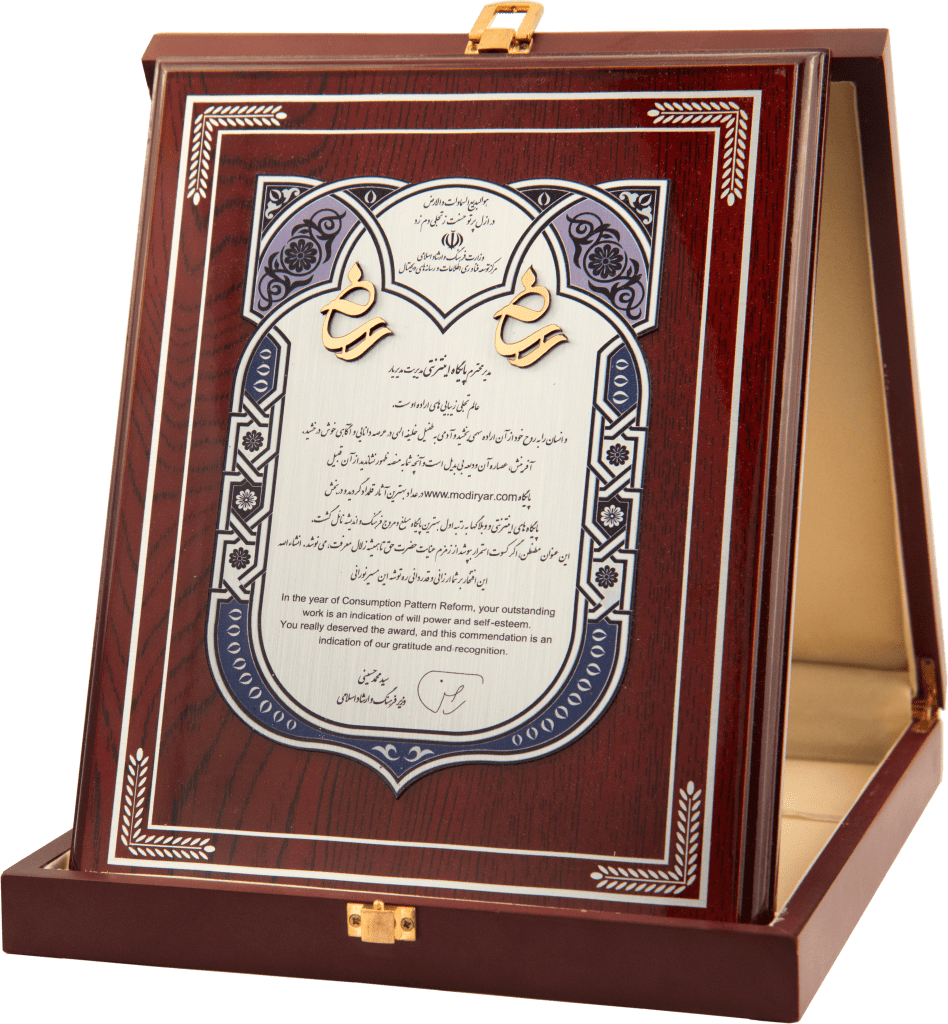تعريف كار:
آدام اسميت معتقد است كه سعادت و ثروت هر ملت، بسته به نيروي كار مردم آن است. هانري ميلر ميگويد: كار و زندگي، لازم و ملزوماند؛ كار كن براي زندگي و زندگي كن براي كار. هنري فورد معتقد است شخصي كه از كار ميگريزد، از زندگي ميگريزد. اسكار وايلر نيز گفته است كه هرچه كار سخت باشد، بيكاري از آن سختتر است…
تعريف روانشناسي كار:
در تعريف روانشناسي كار ميتوان گفت، رشتهاي از روانشناسي كه در آن رفتار آدمي در رابطه با كار مورد مطالعه قرار ميگيرد. هدف اصلي روانشناس كار نيز مطالعه و كاربرد آن دسته از اصول و يافتههاي علم روانشناسي است كه در رابطه بين انسان و كار او اثر ميگذارد. بنابراين، ميتوانيم قلمرو روانشناسي كار را به عنوان مطالعه رفتار آدمي در آن جنبه از حيات بدانيم كه:
با « كار» پيوندي تنگاتنگ دارد و رفتار آدمي را در رابطه با آن تحت مطالعه و بررسي قرار ميدهد.
براي به حداقل رسانيدن اين مشكلات انساني در كار، از قوانين و يافتههاي روانشناسي استفاده ميكند.
در روانشناسي كار كوشش اصلي روانشناس آن است كه:
- هر سازمان توليدي يا خدماتي به توليد آن دسته از كالاها و خدمات بپردازد كه اولاً، نيازهاي «معقول» آدمي را تأمين كند و ثانياً، در اين راه، رفاه جسمي و ارزشهاي شخصي و انساني مردم نيز مورد توجه قرار گيرد.
- كارايي و خاصه اثربخشي فعاليت كاركنان سازمانها در توليد و توزيع كالاها و خدمات، افزايش يابد.
- شرايطي فراهم شود تا كاركنان سازمانها، با اعتقاد و علاقه به فعاليت بپردازند.
- ارزشهاي شخصي و انساني كاركنان سازمانها هم چنان محفوظ باقي بماند و موجباتي فراهم گردد كه ايمني كاركنان در زمينه سلامت جسمي و رواني، تأمين شود.
- بهداشت رواني كاركنان سازمانها با تمام ابعاد آن تأمين شود و رشد و بالندگي شخصيت آنان همراه با افزايش كارايي و اثربخشي فعاليتشان، موردنظر قرار گيرد.
- مسايل انساني در محيط كار حل شود و اگر بخواهيم واقع بينانهتر بيان كنيم، «مسايل و مشكلات انساني در محيط كار، به حداقل برسد و … ».
تعريف روانشناسي صنعتي:
در تعريف روانشناسي صنعتي (كه اكنون ديگر از اين اصطلاح استفاده نميشود) آمده است: مطالعه رفتار آدمي در جنبههايي از حيات كه به كار مربوط است و بهرهگيري از دانش حاصل از رفتار آدمي جهت به حداقل رسانيدن مشكلات وي در كار.
تعريف روانشناسي صنعتي سازماني:
اين رشته روانشناسي را چنين تعريف كرده است: كاربرد اصول روانشناسي در محل كار و مطالعه عواملي كه در سازمانها بر كاركنان اثر ميگذارد. به اعتقاد اسپكتور، روانشناسي صنعتي و سازماني، يعني يافتن اصول علمي و به كارگيري آن در محل كار.
كاربردهاي كنوني روانشناسي در محيط كار
امروزه در كاربرد روانشناسي كار به پديدههايي نظير «تفاوتهاي فردي»، «ساختار سازماني»، «پاداش و دستمزد» «ساختار گروهي در سازمان»، «نظام تنبيه و تشويق»، «طراحي وسايل كار»، «شرايط كار»، «انگيزش كاركنان» و نظاير آن توجه ميشود و قابل پيشبيني است كه در آينده نيز توجه روانشناس كار يا روانشناسي صنعتي و سازماني به جاي «عوامل منفرد»، به «عمل متقابل رفتار آدمي» و عوامل ديگري نظير سازمان، شرايط كار، بهرهوري، آدمكهاي مصنوعي و… معطوف شود
منبع: http://www.parswoman.com/print.aspx?sid=2050
Industrial and Organizational Psychology
Industrial and Organizational Psychology (also known as I/O psychology, work psychology, work and organizational psychology,occupational psychology, personnel psychology or talent assessment) is a branch of psychology devoted to organizations and the workplace. “Industrial-organizational psychologists contribute to an organizations success by improving the performance and well-being of its people. An I-O psychologist researches and identifies how behaviors and attitudes can be improved through hiring practices, training programs, and feedback systems.”[1]
I/O psychology can be divided into two broad areas of study, as evident in its name. Organizational psychology is comprised of topics related to individuals within a context. Contexts studied within organizational psychology include organizations and jobs, leadership (e.g., how leaders influence workers), and interactions among group or team members. Topics such as worker motivation, emotion and affect, and job attitudes (e.g., job satisfaction) are also considered aspects of organizational psychology. Industrial psychology focuses more on individual differences; indeed, the term originated in 1903 when William Lowe Bryan, delivering his presidential address to the American Psychological Association, referred to an 1899 study of his on “individual psychology” but mistakenly referred to it as “industrial psychology.” The core of industrial psychology is job analysis – a systematic process for understanding individual knowledge, abilities, skills, and other personal characteristics necessary to perform jobs. Industrial psychology also includes topics such as personnel selection (how to best select applicants for jobs), performance appraisal (how to evaluate individual effectiveness in jobs),and training and development (how to train workers to competently perform jobs).
I/O psychologists are interested in making organizations more productive while ensuring physically and psychologically productive and healthy lives for workers. The majority of I/O psychologists have a Ph.D. in I/O psychology, but there are many job opportunities for individuals with degrees from terminal master’s programs. I/O psychologists often work in an HR (human resources) department, though many other I/O psychologists work for large consultant firms, pursue careers as independent consultants or work in psychology departments and business schools. I/O psychologists in academic and applied settings may do both consulting and research. Sample research topics include: Determinants of leadership effectiveness, contributions of teamwork and taskwork skills to team performance, work and family conflict, determinants of training effectiveness, characteristics of effective performance feedback, predictors of job performance, antecedents and consequences of perceived justice in the workplace, relationships between job satisfaction and work performance.








